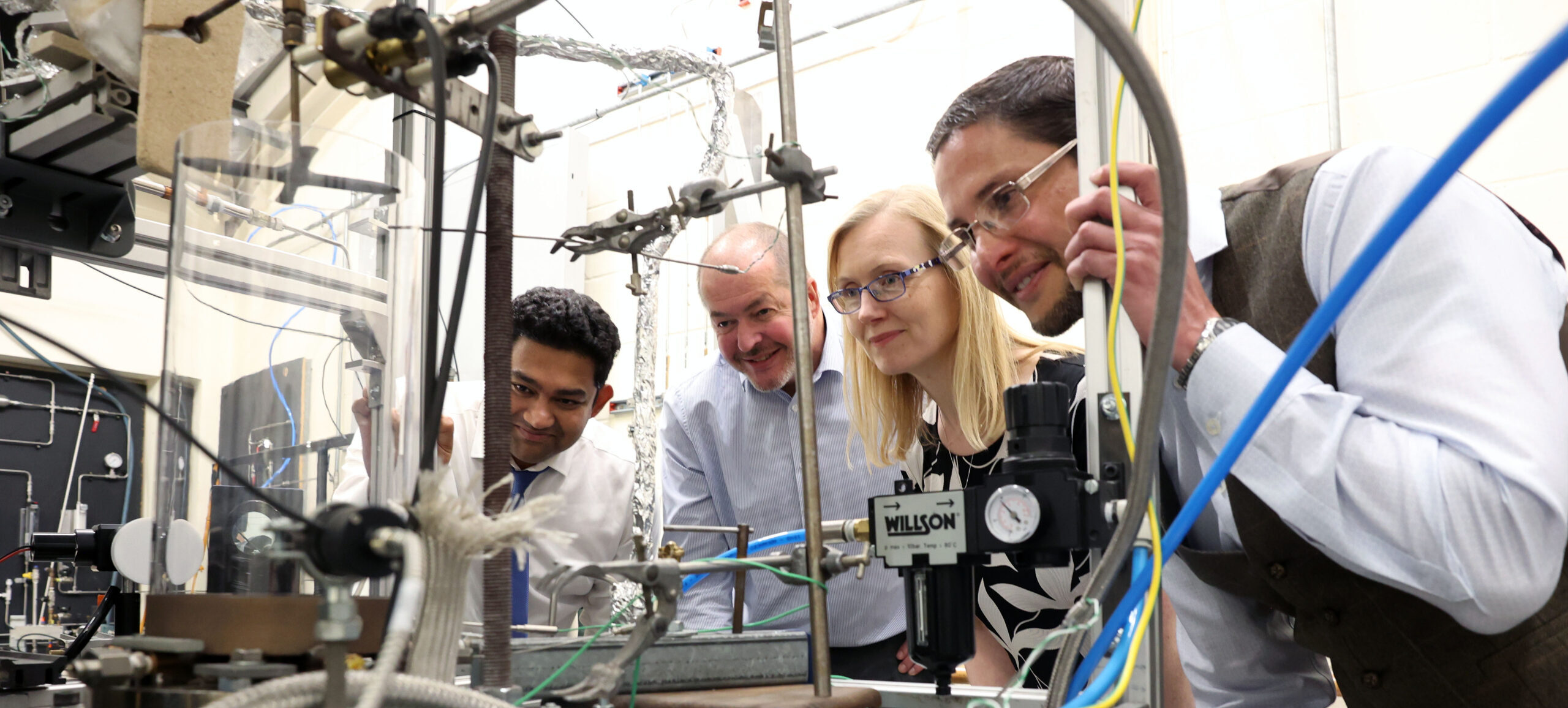
Industrial Fuel Switching Competition
The Industrial Fuel Switching (IFS) Competition aims to support the development of fuel switching and fuel switch enabling technologies for UK industry. This includes fuel switches from high carbon fuels to hydrogen, electricity, biomass, and other low carbon fuels.
Funding is awarded through Small Business Research Initiative (SBRI) contracts, providing 100% funding for pre-commercial solutions.
Funding is divided into 3 lots:
- Fuel switch and fuel switch enabling technologies for hydrogen
- Fuel switch and fuel switch enabling technologies for electrification
- Fuel switch and fuel switch enabling technologies for biomass, wastes, and other net zero compatible fuels
The IFS competition has the following objectives:
- Demonstrate potential for industrial greenhouse gas emissions reduction via industrial fuel switching technologies.
- Demonstrate the potential commercial viability of industrial fuel switching solutions.
- Gather evidence to inform industrial decarbonisation policy making.
- Collect and disseminate findings across UK industry and investors.
- Strengthen supply chains and skills for industrial decarbonisation around the UK.
A strategic level public report detailing the key findings and outcomes will be published on the gov.uk website upon project completion. Projects’ final reports must complete by 28th February 2025. Final payments and all other programme activities must then be completed by 31st March 2025.
The Net Zero Innovation Portfolio is a £1 billion fund, announced in the Ten point plan for a green industrial revolution, to accelerate the commercialisation of low-carbon technologies, systems and business models in power, buildings, and industry.
The Portfolio will decrease the costs of decarbonisation and set the UK on the path to a low carbon future. It will create world-leading industries and new green jobs, invest in our regions, and help make the UK a science and innovation superpower.
Focused on 10 priority areas, it includes:
- Future offshore wind
- Nuclear advanced modular reactors (supported through the aligned Advanced Nuclear Fund)
- Energy storage and flexibility
- Bioenergy
- Hydrogen
- Homes
- Direct air capture and greenhouse gas removal (GGR)
- Advanced carbon capture, usage and storage (CCUS)
- Industrial fuel switching
- Disruptive technologies

